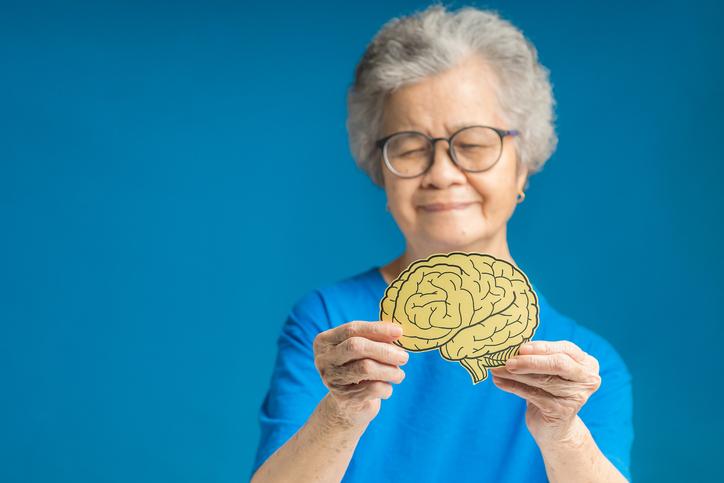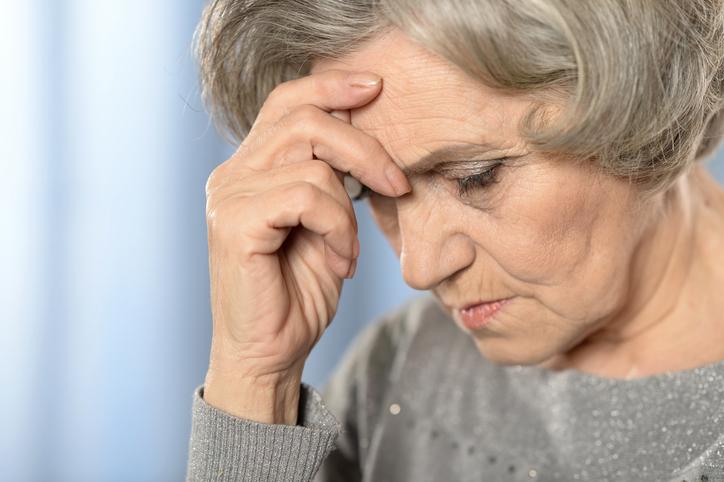27 ноября 2021
As Good as It Gets: How Should You Deal With OCD?


27 ноября 2021
As Good as It Gets: How Should You Deal With OCD?
## What is OCD?
Obsessive-compulsive disorder (OCD) is also called obsessive-compulsive neurosis. A person suffering from it is unable to control their thoughts and some actions, which significantly interferes with their life. For example, double-checking locks, obsessing over germs and cleanliness, and more. Compulsive actions are called compulsions and thoughts are called obsessions.
The causes of OCD can be psychological, including various traumatic circumstances or an overly rigid upbringing, as well as physiological. These include disorders of the cellular metabolism of the brain, autonomic-nervous activity, neurotransmitter disorders, craniocerebral injuries, and hereditary predisposition.
## Do you have neurosis?
If you answer yes to at least two of the following questions, you might have some form of OCD:
- Do you obsess over the fear of diseases and viruses?
- Do you suffer from agoraphobia (fear of open space and fear of crowds)?
- Do you experience an overwhelming desire to double-check everything?
- Do you spend lots of time arranging things symmetrically, and get highly agitated when things are disorganized?
Other physical signs of OCD include general weakness, insomnia, headaches, depression, memory problems, problems with diction, aggressive behavior, and delusions of grandeur.
## Should it be treated?
OCD can severely affect the everyday life of those who live with it. If the manifestations of OCD are insignificant but you have begun noticing them, it is worth doing a simple consultation with a doctor to understand how far the disease has gone and prevented its development.
It is especially important not to miss the symptoms of OCD in a child. Typically, the peak of clinical manifestations occurs at the age of 7–11 years. The disorder interferes with the child's adaptation in society, provokes depression, and is difficult to treat.
> Physical exercise, spending time in nature, communicating with loved ones and friends, and spending time on hobbies are all excellent preventive measures for OCD.
## How do you get rid of OCD?
First, you need to recognize that the problem exists.
Every person with OCD goes through three different stages of the disease:
__The first stage__ is not understanding: you are frightened by the intrusive thoughts and states, you do not understand their nature and do not realize you have this disease.
__The second__ is understanding without realizing: you have already been diagnosed with OCD, but you do not believe it is serious and you hope it will pass on its own.
__The third__ is acceptance: you have already realized that you have the illness, understand that you cannot cope with it by yourself, and are ready to accept help from specialists.
If you are ripe for treatment or simply suspect that you have OCD, do not hesitate to see a psychotherapist, neurologist, or psychiatrist. Like any other disorder, the treatment of OCD requires a comprehensive and individualized approach, including medication therapy.
Under the influence of stress and increased anxiety, nerve cells deteriorate faster and the functional centers of the brain work worse, so your doctor will decide on a treatment plan that works for you.
When brain activity is normalized, treatment continues through psychotherapy. This will help you acknowledge and accept your repressed feelings, experiences, and emotions. The therapist uses the "thought stop" method, cognitive-behavioral therapy, and autogenic training.
OCD is treatable but very complex. There is no universal therapy, so the duration of treatment will vary for each individual. Nevertheless, with the right approach, each individual has every chance of returning to a full life without irrational fears and intrusive thoughts.













